Get ready for a tasty tale from Japan where burgers take a dive into the deep blue! What’s cool is that many places are careful about where they get their shark meat, making it a sustainable choice. Imagine chomping down on a burger made with shark meat – it’s not your everyday bite, but it’s a flavor adventure you won’t want to miss.
What is Shark Burger?
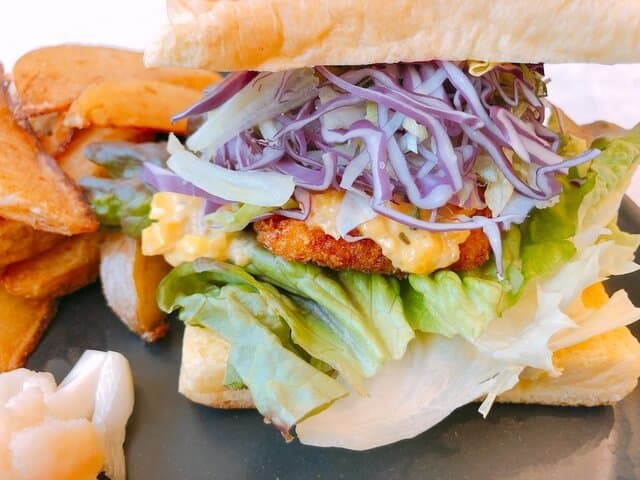
The shark burger is a local burger in places such as the Ogasawara Islands, Joetsu City, and Miyakojima. It consists of sturgeon meat, lettuce, purple cabbage, perilla leaves, sweet sauce, and tartar sauce from Miyazaki prefecture. Shark meat is sandwiched between the buns instead of a meat patty. You can add toppings for it such as cheese or avocado, or set it with a side dish and drink, so you can use it even when you want to eat to your heart’s content. For side dishes, you can choose from fries, mashed potatoes, and green salad.
What is the Shark meat?
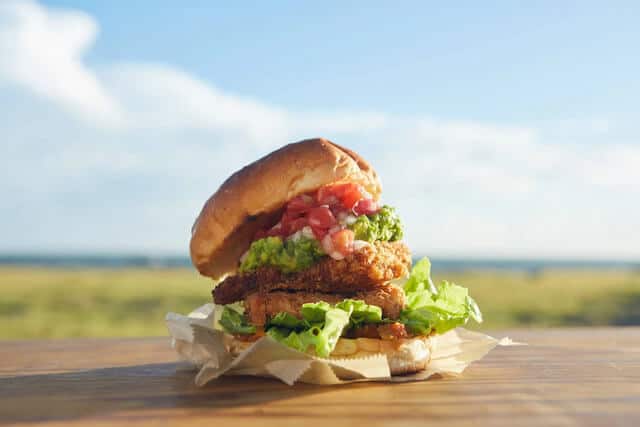
The sturgeon is the world’s largest freshwater fish that belongs to the Sturgeon family. Unlike sharks, they have kidneys and can decompose ammonia, so the fish meat has a refined taste and no odor. It also contains anti-fatigue ingredients such as DHA and EPA (omega-3 fatty acids) found in fish and carnosine and balenine found in chicken and whales, making it one of the highly nutritious foods that attracts attention from athletes and the media.
In Europe, they called this ” royal fish” and “emperor fish” in China , and was presented to kings and emperors. There is also a history that it was said to be a food of immortality, as many of them live for nearly 100 years. It existed for 300 million years, and in order to protect this species in the future, there is a need for ecologically conscious consumption.
Shark Burger History
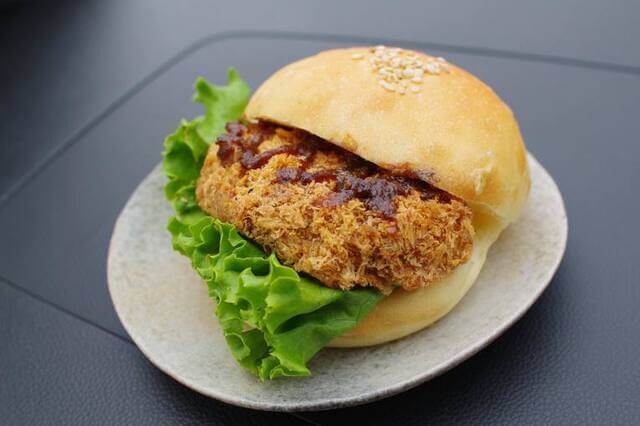
In the Joetsu area of Niigata Prefecture, the tradition of consuming shark dates back to the Tenpo era (1830-1844) of the Edo period. Today, people in the Joetsu region continue to enjoy dishes like boiled shark, zoni, and shark nikogori during the winter months. Shark nikogori is prepared by boiling shark skin, adding soy sauce and ginger, and letting it cool and solidify in a mold using the skin’s natural gelatin. In winter, it’s a common sight to find shark skins displayed in the fresh fish section of supermarkets in the Joetsu region.
Researcher Mari Ibe, specializing in shark food culture and residing in Joetsu City, Niigata Prefecture, discovered shark teeth at the Katakai Jomon Ruins. Although it remains unclear whether these teeth were consumed or used as decorations, the finding hints at a historical connection between sharks and the region. Furthermore, an illustration resembling a shark was uncovered at the Jomon period Kamafuta ruins in Joetsu City. Despite the incomplete nature of the image, scholars couldn’t conclusively identify it as a shark. However, considering the discovery of shark bones at Jomon ruins in Aomori Prefecture, Ibe speculates that the Joetsu region may have been eating sharks since the Jomon period.
Miyazaki Sturgeon

In 2004, Miyazaki Prefecture was the first in the nation to successfully produce artificial white sturgeon seedlings, establishing a complete aquaculture technology that does not rely on natural resources. One of the most important things for sturgeon farming is water. Miyazaki sturgeon, which grows in a rich natural environment, is characterized by its high protein content and beautiful transparent flesh. Its elegant taste and firm texture is similar to the flavor of Thai food and the texture of puffer fish, and its skin is rich in collagen. It goes well with any type of cuisine, be it Japanese, Western, or Chinese, and is highly regarded as an excellent ingredient with high nutritional value.
Health Benefits of Sturgeon Meat
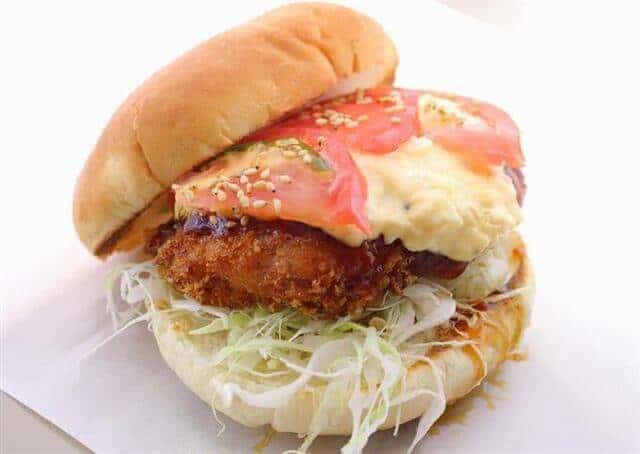
Recent research highlights the nutritional superiority of Miyazaki sturgeon, presenting it as a supplement-like food rich in essential nutrients that are challenging for Japanese people to incorporate into their daily diets. Particularly, it has gained attention for being a valuable source of vitamin D, crucial for immune maintenance, with experts recommending a daily intake of 50 µg (2000 IU) of vitamin D for optimal health. Additionally, Miyazaki sturgeon is noted for its balance of essential fatty acids, specifically omega-3 and omega-6, as concerns arise about excessive omega-6 consumption. The meat of migratory fish, like Miyazaki sturgeon, is also abundant in carnosine, known for its connection to human athletic abilities such as endurance and explosive power. Furthermore, the fish is a rich source of collagen, with more than 60% of its skin comprising this beneficial protein.
Shark Burger FAQ
- Why did locals use Sturgeon as the meat?
Sturgeon is an easy-to-use ingredient that not only has caviar, but also the fish itself, which is light in color and has no small bones, and the flavor increases as it ages. One of its attractions is that it contains many nutrients such as collagen, DHA, and EPA. The smooth white flesh has a wide repertoire of Japanese, Western, and Chinese dishes.
- How do locals prepare Shark meat?
The shark is cut into pieces, and the sauce is miso sauce, which is a brilliant idea. The texture of shark is somewhere between chicken and fish, making it easy to eat even for first-timers. The Shark meat has a unique scent, so if you’re not a fan of it, you can toast the shark cutlet and put it between them.
Shark Burger Recipe
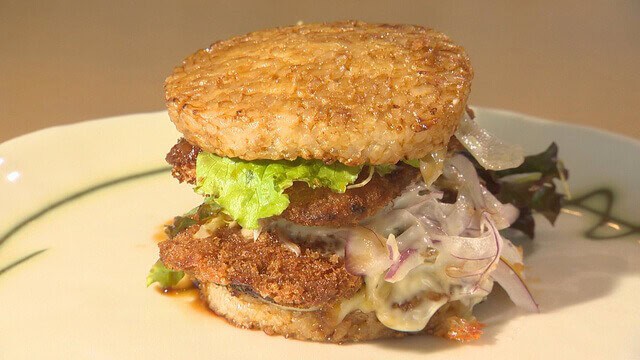
Shark Burger Ingredients
| Ingredients of Shark Burger for 2 persons | Measurements |
|---|---|
| (Buns) | |
| Strong flour | 100g |
| Yeast | 2g |
| Fat spread | 10g |
| Sugar | 7g |
| Olive leaf | 1g |
| Egg | 40g |
| (Patty) | |
| Shark meat | 80g |
| Minced fish (flying fish, etc.) | 80g |
| Potato starch | 2g |
| Salt and pepper | 4g each |
| Lemon juice | 2g |
| Salad oil | 14g |
| (Onion ketchup) | |
| Onion (chopped) | 20g |
| Ketchup | 24g |
| (Olive mayonnaise) | |
| Mayonnaise | 24g |
| Chopped olives | 24g |
| Lettuce | 40g |
How to make Shark Burger?
Add sugar to 50ml of water and heat in the microwave at 600w for 30 seconds. Combine strong flour and yeast in a bowl and mix as you add them (pre-fermentation). Add 30g of lightly beaten egg (leave 10g for coating on top) and fat spread and knead.
Next, add coarsely ground olive leaves and knead, then microwave for 20 seconds (primary fermentation). Divide the dough into two parts, shape, cover with plastic wrap, and let stand at room temperature for about 20 minutes (secondary fermentation). Brush with beaten egg, bake in an oven at 180℃ for about 20 minutes, and cut into 2 halves, top and bottom.
Beat the shark until minced, then combine the other minced fish and potato starch in a food processor, add salt, pepper, and lemon juice, and mix well.
Shape it into a circle with your hands. Heat vegetable oil in a frying pan and fry until browned on both sides. Combine chopped onions and ketchup. Separately, chop the olives and mix them with the mayonnaise.
Start from the bottom and insert in the following order. Layer the bottom of the bun, olive mayonnaise, lettuce, patty, onion ketchup, and top of the bun.
Where to buy Shark Burger?
PESCARICO
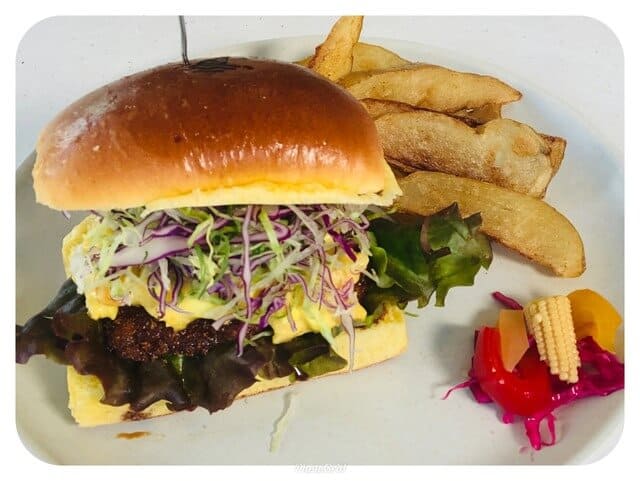
“PESCARICO” is a fish burger specialty store. Their Shark burger has quite a lot of options. The options are Shark, flounder, tuna, horse mackerel, salmon. The set that includes your favorite fish burger, your choice of side dishes, and a drink costs around 1,500 yen.
Heart Rock Café (ハートロックカフェ)
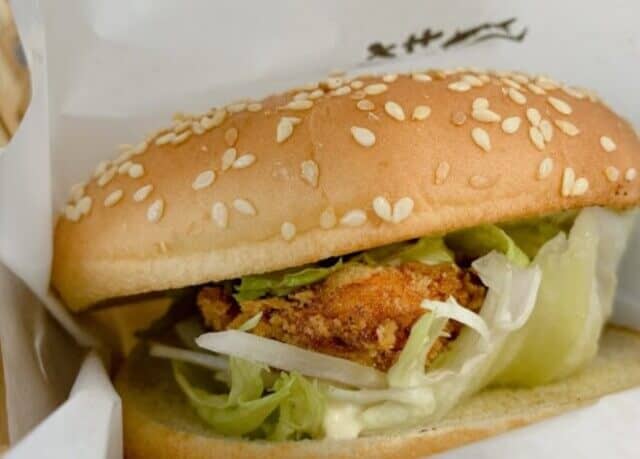
This cafe serves Island shark burgers, swordfish fish burgers. You can enjoy a pleasant time in the shade of the Gaju Maru tree while eating island fruit dessert for a seasonal lunch. You can use the wireless LAN in the store.
Takeaway
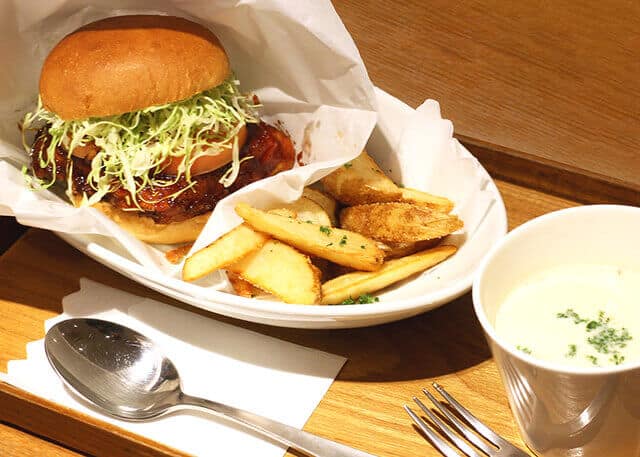
The shark meat, perfectly grilled to perfection, brings a unique taste that’s both savory and slightly sweet. Paired with fresh veggies and a special sauce, each bite is a journey into uncharted taste territory. But it’s not just about the flavor – it’s about the experience. Picture yourself sitting in a cozy Japanese eatery, surrounded by locals savoring the same oceanic delight. The atmosphere is casual, the vibes are friendly, and the shark burger steals the spotlight.
You can try other burger dishes in Japan as you travel. Here are our recommendations below!
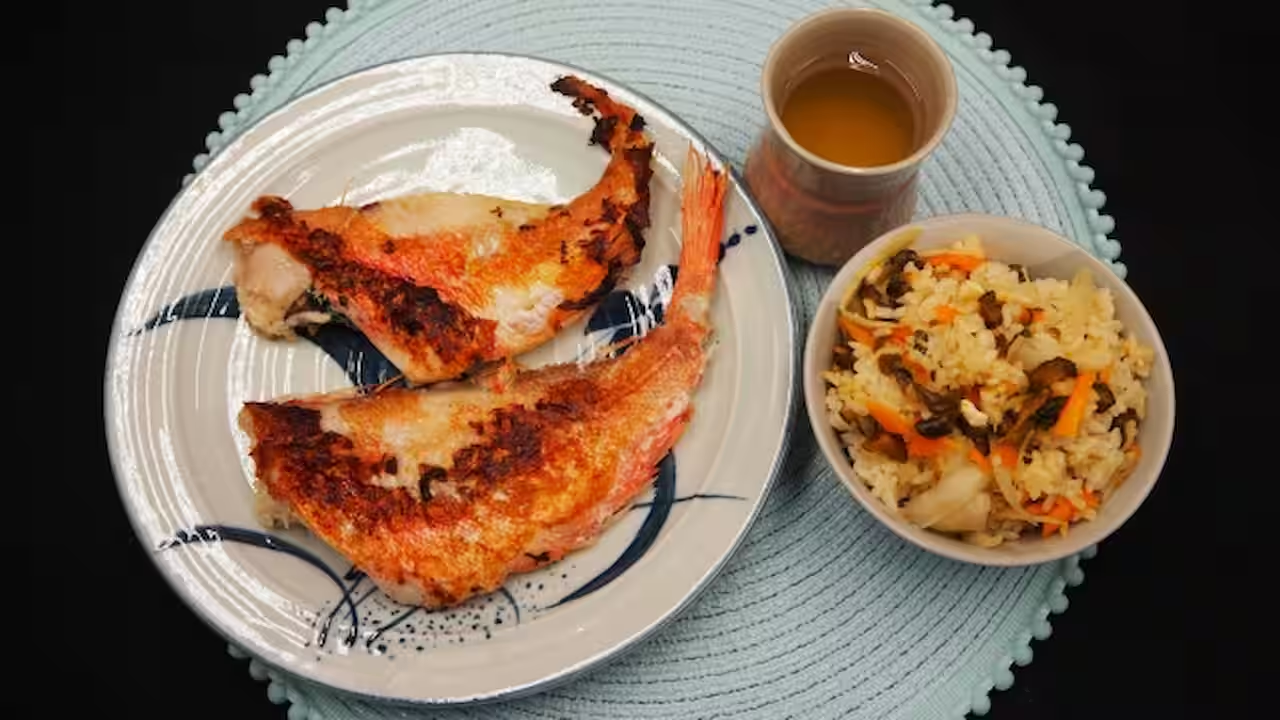
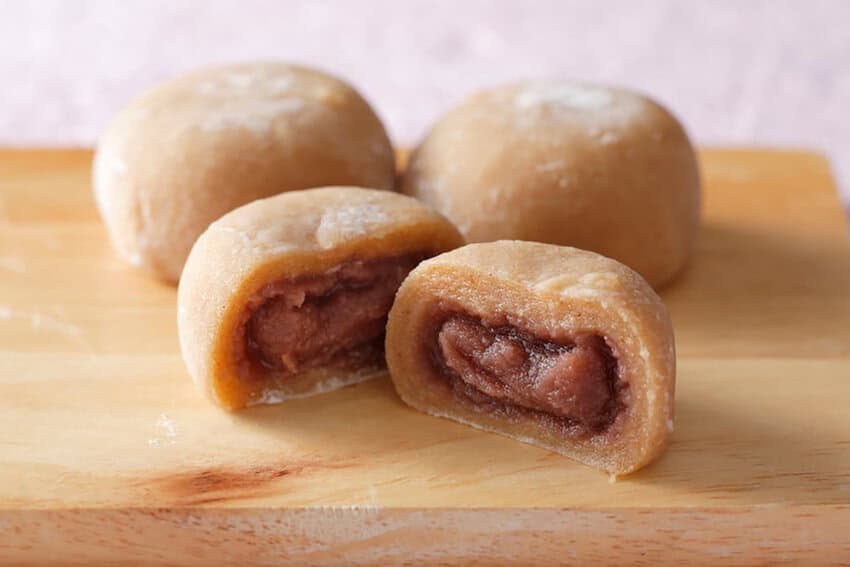
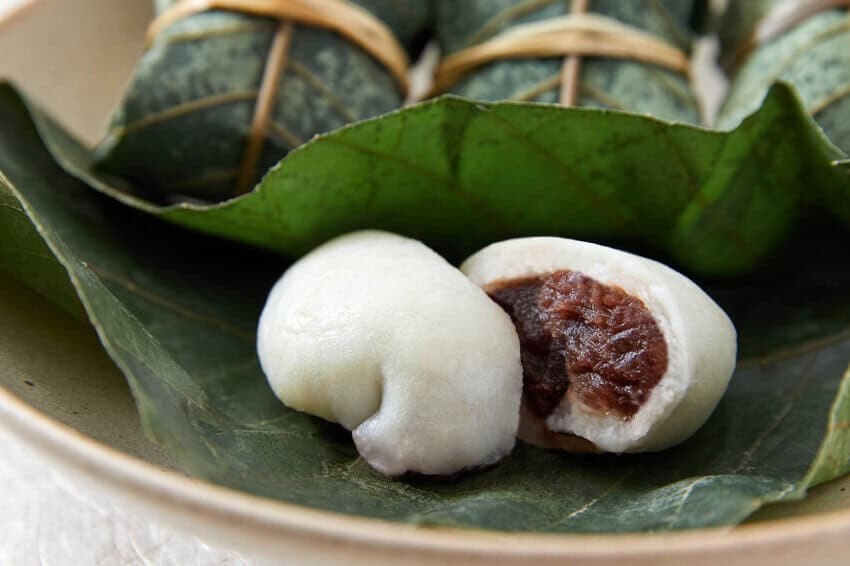
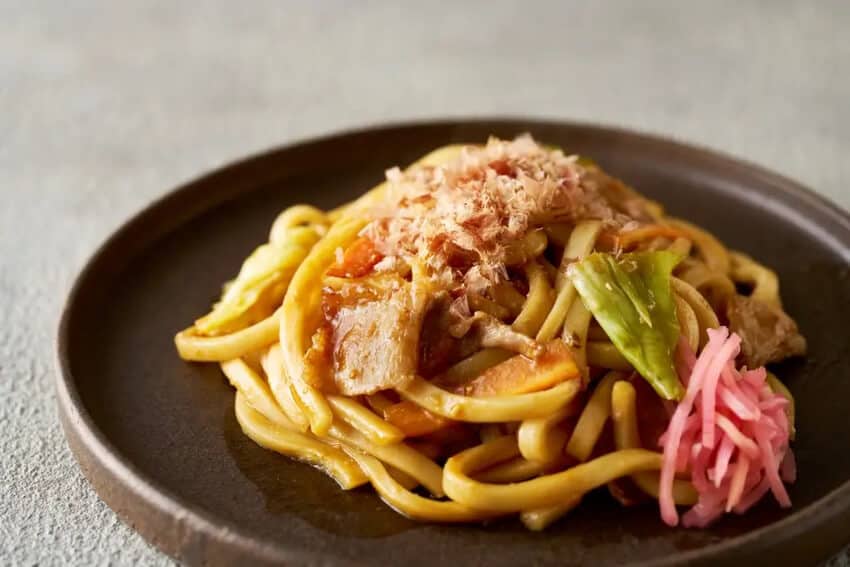
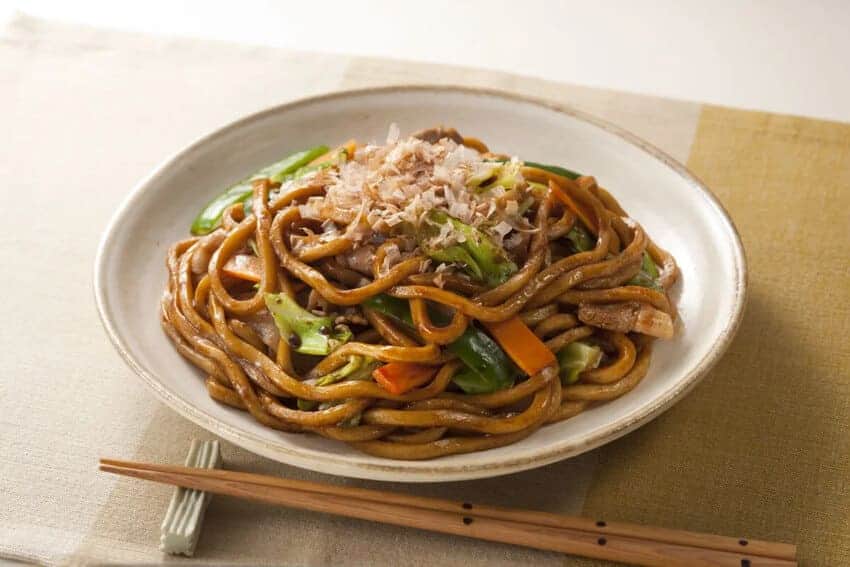

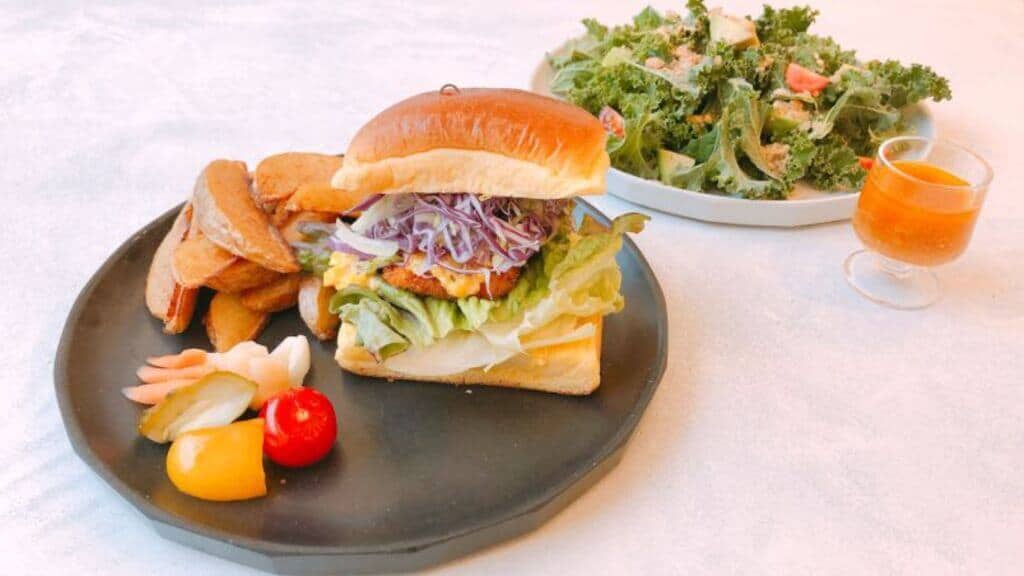
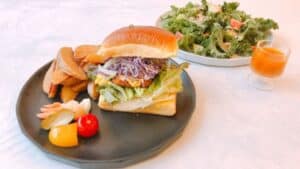
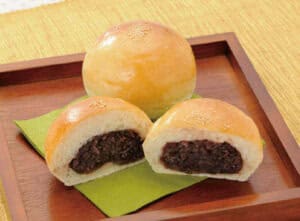
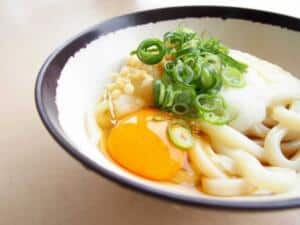
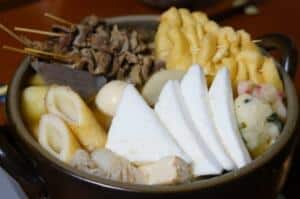
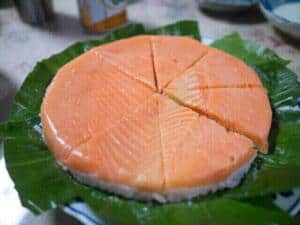
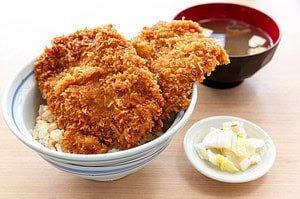
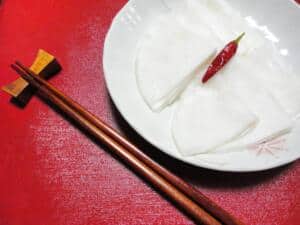
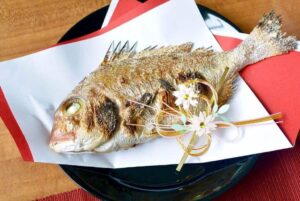
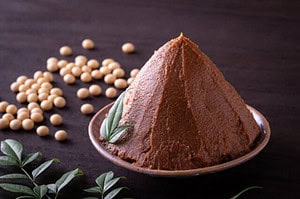
Comments